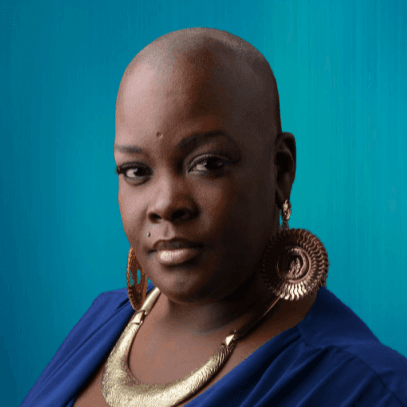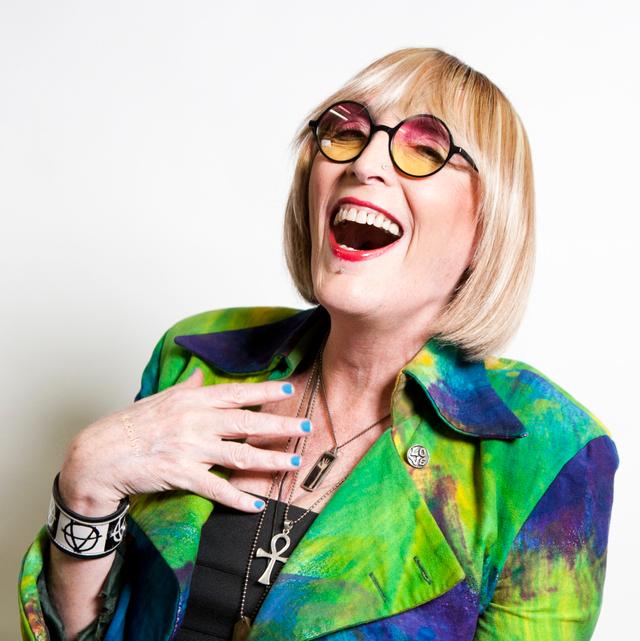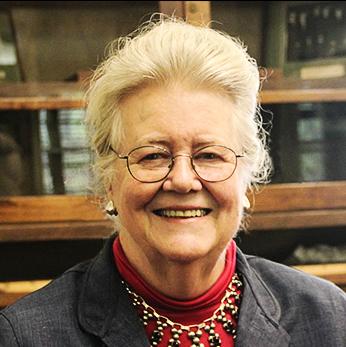Kimberly Dark is a writer, sociologist and storyteller, working to reveal the architecture of everyday life so that we can reclaim our power as social creators. She’s the author of four books, including Fat, Pretty and Soon to be Old: A Makeover for Self and Society and Damaged Like Me: Essays on Love, Harm and Transformation. Her essays, poetry and stories are widely published in academic and popular publications alike. She teaches for Cal State Summer Arts and travels to offer keynotes, workshops and lectures internationally and online.
Kimberly brings decades of experience (and multiple awards) as a facilitator, performer/storyteller, and teacher entertaining people with complex yet accessible messages about the human experience, about the body in culture, and about the ways we co-create our culture.
Kimberly’s lectures, workshops, and performances engage with themes that include:
- Gender
- Sexuality
- Body Size/Shame
- Media Representations
- Gender, Race and Wealth/Income
- Understanding “the 1%”
- Beauty and Appearance Privilege
- Personal Sovereignty
By looking at the complexity in our lives, Kimberly teaches her audiences how to become the subject of their own stories, and how to co-create a better world. Tell us about your requirements, and Kimberly can tailor the right lecture, keynote presentation, workshop or stage-performance for your venue and time-frame.
Named one of the Top 6 LGBT Speakers on College Campuses by The Advocate
Named one of the Top 25 LGBT “Best of the Best” by Campus Pride
PROFESSIONAL DEVELOPMENT
Unconscious Bias Training
Brillliant Bystander Training
Conflict Resolution Training
*Inquire for more information
PRESENTATIONS/KEYNOTES
The Gayness: Love and Hate in America
As debates over the validity of transgender and queer lives heat up in the U.S., Kimberly Dark offers new ways to think about fear and hatred toward LGBTQII2 people, and to contextualize the relationship between these and other fears of "the other" which are currently driving policy and negatively affecting people's lives and healthcare. Through engaging, often funny storytelling and smart, accessible social analysis, Kimberly helps audiences discover the responsibility of our interconnectedness and the joys of our differences.
Gender, Race and Money
One of America’s great stories is that anyone can work hard and become wealthy. We love tales of triumph over adversity. However, many people work hard to meet basic needs and feel as though they are somehow personally to blame for their lack of prosperity. The gap between rich and poor in the United States has been widening and this is particularly pronounced in communities of color and for women. During this engaging and interactive lecture, Dark teaches participants about trends—both historical and current day—in the distribution of wealth in America and how those trends affect all Americans.Participants come to understand "the 1%" and how to make connections to work toward a more just economy.
You Don't Owe Anyone Pretty
In this powerful storytelling performance, award-winning performer Kimberly Dark shares stories from her new book, Fat, Pretty, and Soon to be Old (AK Press, 2019), in order to remind us: “You don’t owe anyone pretty,” and “We are creating the world, even as it creates us.” In this moving and hilarious show, Kimberly Dark invites her audience to live in the experience of the body, not the appearance of the body. Drawing from her own experience as a fat, queer, white-privileged, recently disabled, inevitably aging, gender-conforming “girl with a pretty face,” Kimberly Dark deftly blends storytelling and social analysis to reveal the presence of everyday appearance privilege (and stigma) Join her to explore how the architecture of this social world constrains us and how we might help one another break free.
Ask about adding a book-signing of the book that inspired the lecture: Fat, Pretty, and Soon to Be Old.
Sex and Society—It's Time to Talk About It
In this program–including stories, insights and discussion–Kimberly explores the importance of discussing sex and sexuality**–not just for the sake of interpersonal relationships, but for the political impact our personal choices hold. We can absolutely love men and masculinity (in all its forms) and still dismantle the systems that harm women, children and everyone else too. (Yes, of course we’ll discuss gender and gender identity too.) For those interested in the politics of knowledge creation, Kimberly also discusses why we don’t talk about sex and sexuality more readily in the social sciences, given that our erotic urges are part of who we are; they influence the relationships and the society we create.
Ask about a book-signing of the book that inspired the lecture: The Daddies.









